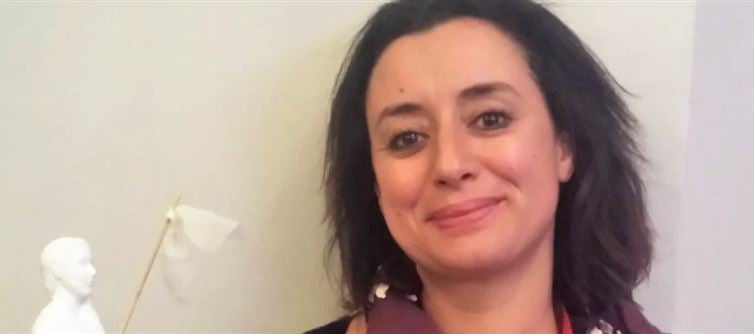
“From T-Shirt to Prison Cell”: 7 Takeaways From Morocco’s Shocking Jailing of Feminist Activist Ibtissam Lachgar
A selfie, a T-shirt, and a three-word message have ignited one of Morocco’s most heated debates on freedom of speech, religion, and women’s rights. Feminist activist Ibtissam Lachgar, co-founder of the Alternative Movement for Individual Liberties (MALI), has been sentenced to two-and-a-half years in prison after posting a picture of herself online wearing a shirt that read “Allah is lesbian.”
Her arrest and conviction have shaken activists, divided the public, and raised pressing questions about where morocco stands on human rights. Here are seven key takeaways from this unfolding story:
1. The T-Shirt That Sparked a Firestorm
What began as a simple selfie turned into a national scandal. The Arabic word “Allah” followed by “is lesbian” in english landed Lachgar in prison for “blasphemy” and “disseminating offensive material.”
2. A Heavy Sentence for a Heavy Symbol
The court handed down 30 months in prison, citing Morocco’s criminal code against “offending the monarchy or Islam.” To Lachgar’s supporters, the punishment is not just harsh—it’s a direct assault on free expression.
3. Her Defence: Political Message, Not Blasphemy
Lachgar insisted she had “no intention of offending Islam.” Instead, she argued the shirt reflected a political critique. Her legal team maintained it was constitutionally protected free speech.
4. Lawyers Push Back: “God Belongs to All”
One of her lawyers, Naïma El Guellaf, told the court: “God is not only for Muslims, but also for Christians and Jews. I am Muslim myself, and I don’t feel offended.” The defence framed the case as a test of Morocco’s commitment to pluralism.
5. A Polarised morocco Reacts
While some saw her actions as provocative and deserving punishment, others decried the verdict as a dangerous rollback of human rights. The clash exposed the country’s ongoing struggle between conservatism and modernity.
6. An Activist Who Never Shied From Provocation
Lachgar has long been a bold voice in Morocco. From campaigning for the decriminalisation of sex outside marriage to organising a “kissing protest” outside parliament in 2012, she has consistently challenged taboos on women’s and LGBTQ rights.
7. What’s at Stake: Morocco’s Global Image
Though seen as politically moderate compared to other MENA nations, Morocco’s ban on same-sex relations and restrictions on speech are increasingly under scrutiny. Lachgar’s case has become a litmus test for democracy, tolerance, and freedom of conscience in the kingdom.
💡 Final Word:
Ibtissam Lachgar’s T-shirt may have been provocative, but the punishment reveals a deeper conflict—between tradition and freedom, between state power and individual rights. What remains to be seen is whether morocco doubles down on silencing dissent or steps forward into a true democratic space.




 click and follow Indiaherald WhatsApp channel
click and follow Indiaherald WhatsApp channel